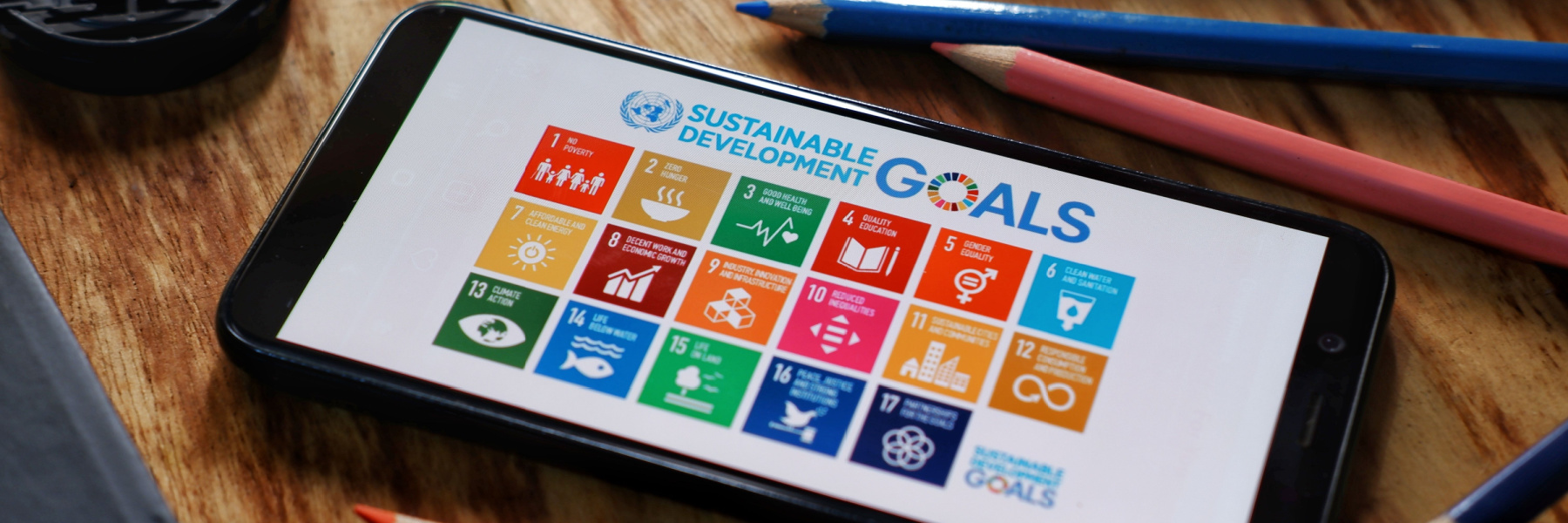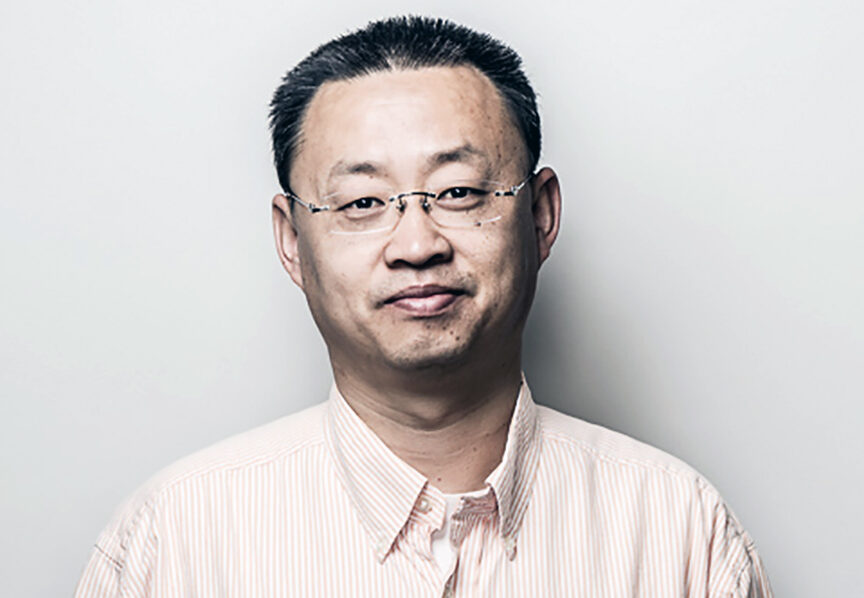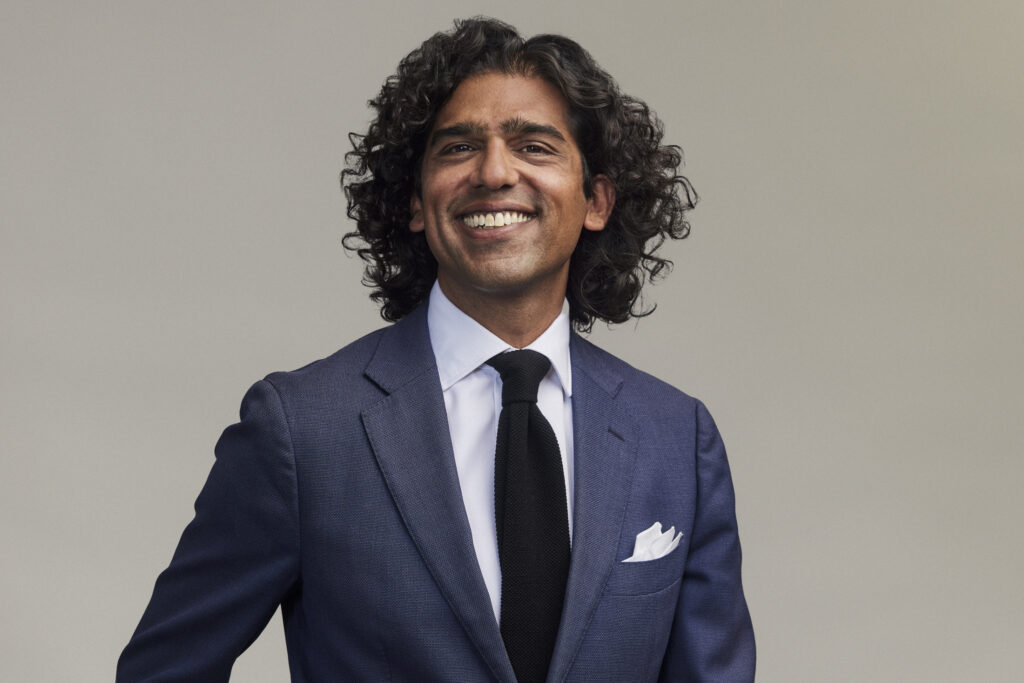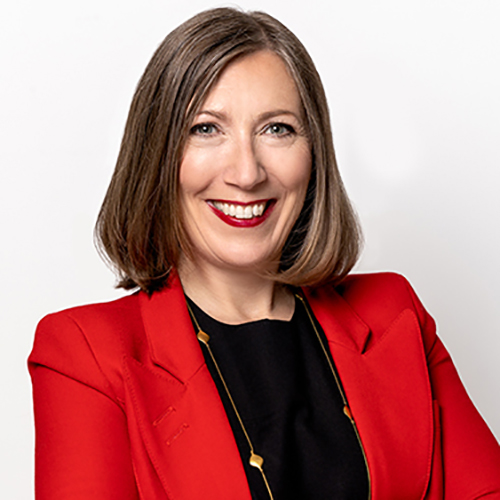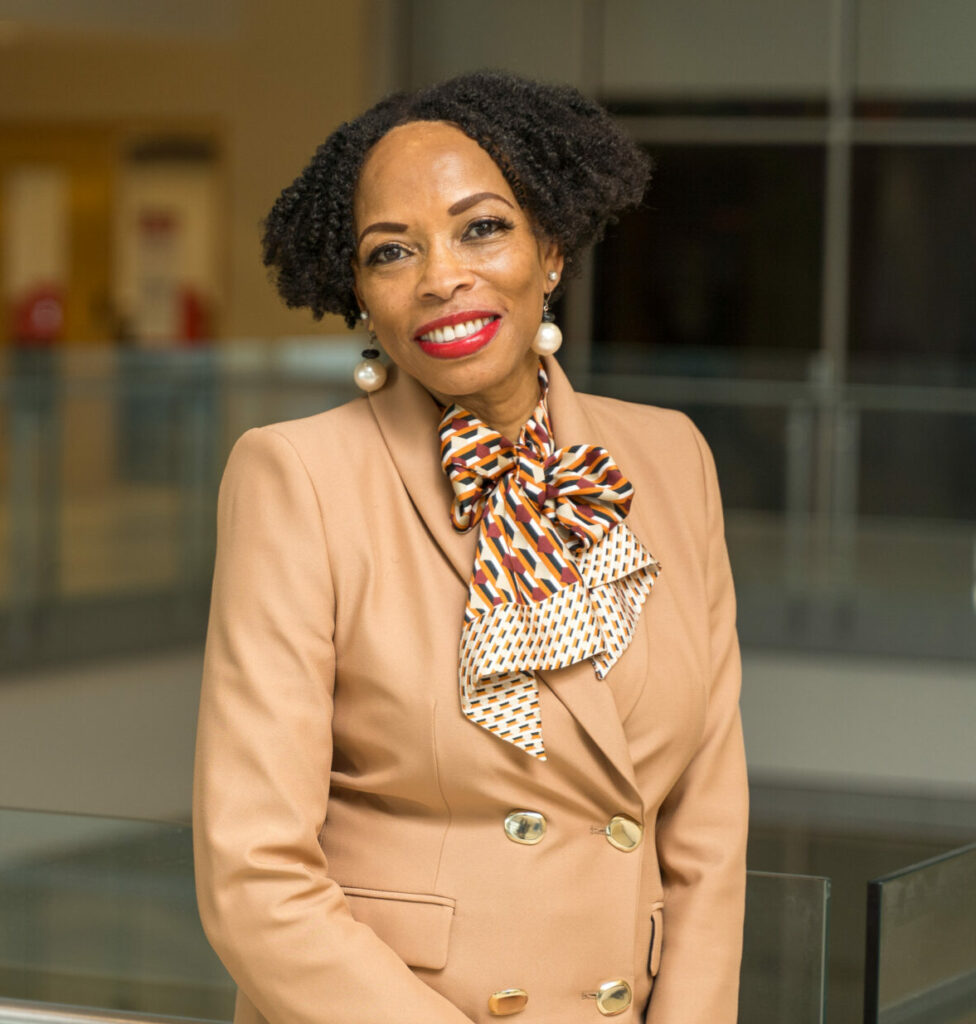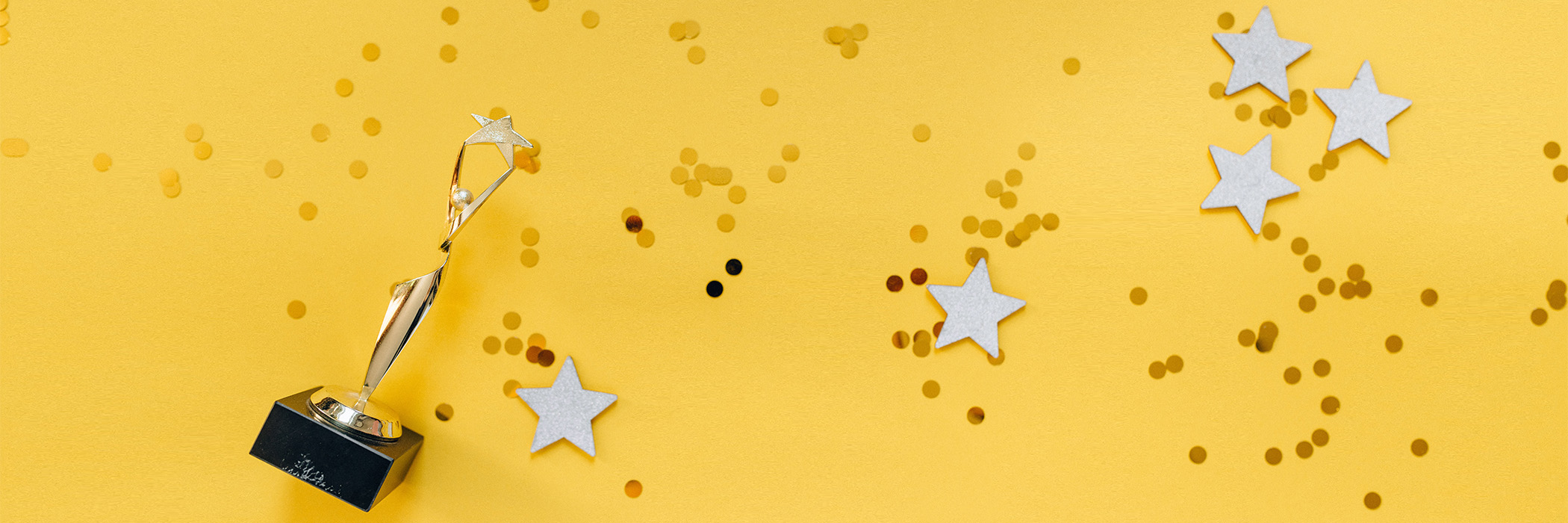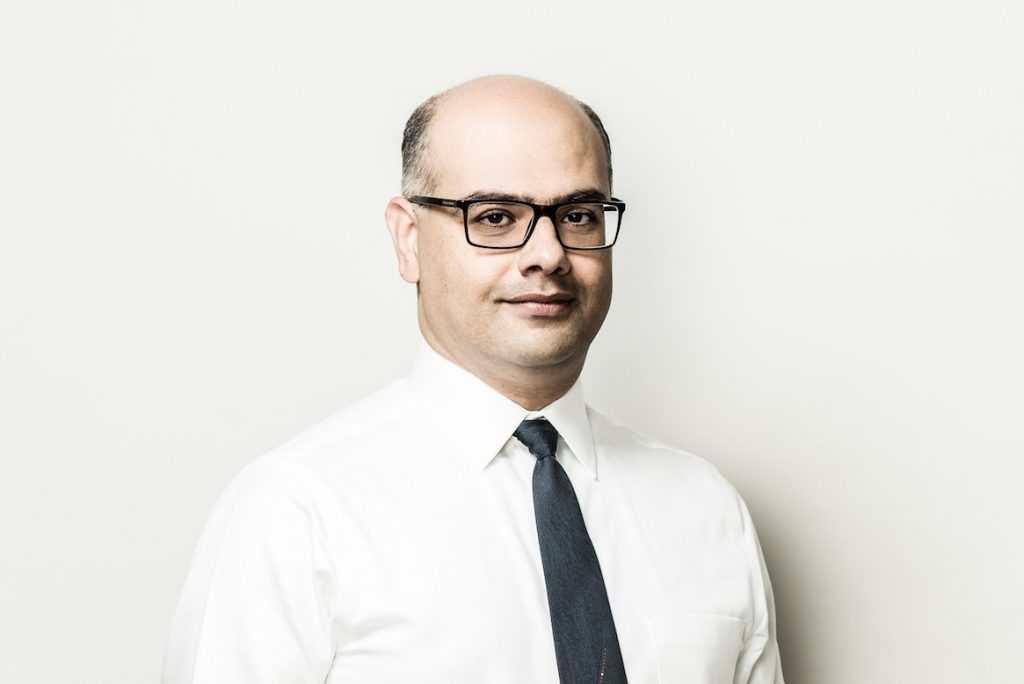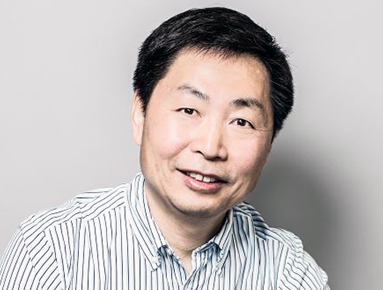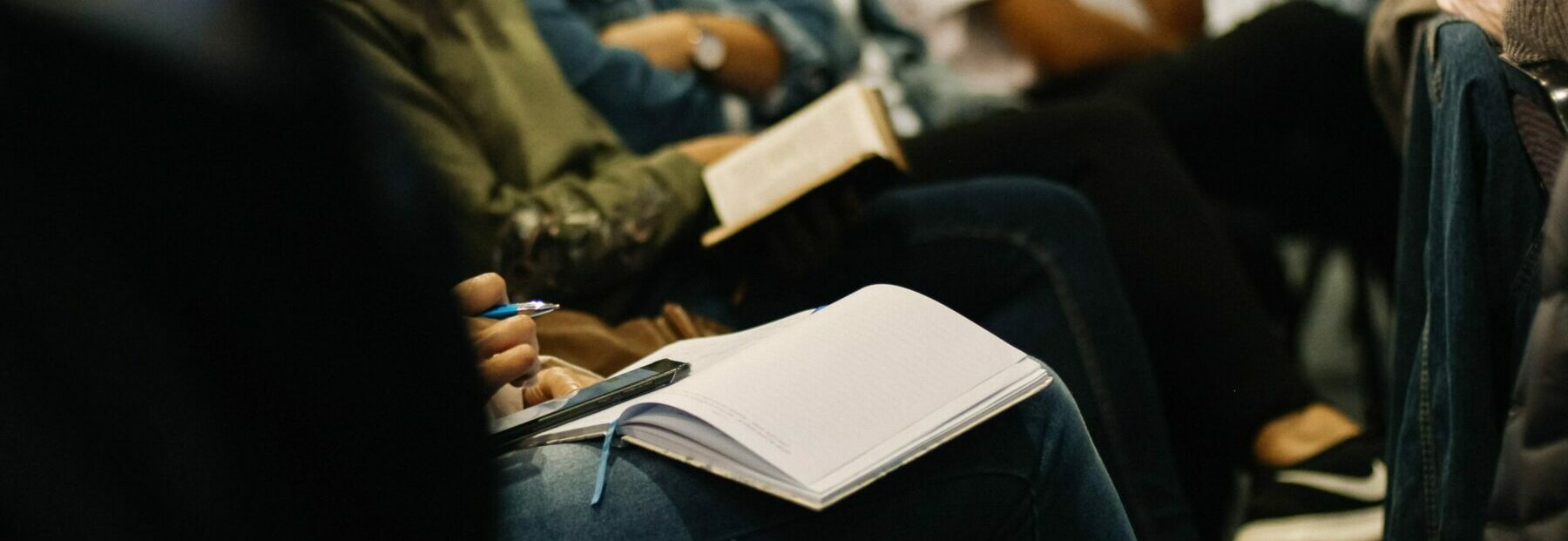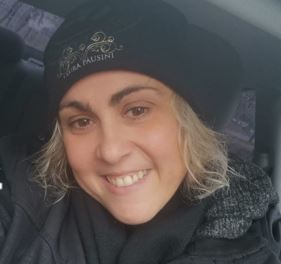A selection committee from the President’s Sustainability Council identified projects that advance climate action at the University for the second round of funding from York’s Sustainability Innovation Fund (SIF).
The Sustainability Innovation Fund provides funding to support campus sustainability projects that help build a culture and practice of sustainability at York University and advance the United Nations Sustainable Development Goals (SDGs). This round of funding awarded over $50,000 to projects that contribute to the University’s goal of reducing greenhouse gas (GHG) emissions by 45 per cent by 2030 and achieving net zero and advancing SDG 13 (Climate Action).
The winning projects reflect various ways to utilize the campus as a living lab and address direct or indirect emissions through activities such as commuting, energy use, food consumption, waste management, behaviour change, awareness and engagement, and nature-based solutions.
“By supporting these projects, we are making significant strides towards creating a more sustainable community at York University and beyond,” said Mike Layton, chief sustainability officer. “We’re also breaking down financial barriers to empower students, staff and faculty to become agents of positive change and take meaningful steps to reduce our impact on the planet.”
The four winning projects are:
Living Learning Community – Sustainability
- Project team: Aaron Brown and Melanie Howard, Residence Life, Division of Students
- Residence Life will pilot a Living Learning Community (LLC) specific to sustainability during the 2023-24 academic year. The program seeks to address SDG 12 (Ensure sustainable production and consumption patterns) and 13 (Take urgent action to combat climate change and its impacts).
York University Composting Centre
- Project lead: John Simoulidis
- Project team: Andrew Maxwell (Lassonde School of Engineering), Dean J.J. McMurtry (Faculty of Liberal Arts & Professional Studies (LA&PS)), Dean Alice Hovorka (Faculty of Environmental & Urban Change (EUC)), Tom Watt (Ancillary Services), Calvin Lakhan (EUC), Mark Winfield (EUC), Karl Karvonen (Facilities Services), Sabine Dreher (Glendon College), Nicolas Cabal (student), Ronon Smith (student), Sabrina de Losada Casab (student)
- This project began through the first round of SIF. It will continue to develop an on-site composting centre to divert organic waste away from landfills, process it on site and turn it into useful compost that can be applied at Maloca Garden (Keele) or Glendon Garden, two spaces well situated as ”living labs.”
Green Career Fair: Exploring Climate Careers to Achieve Net Zero
- Project leads: Lauren Castelino, Joanne Huy and Rosanna Chowdury (EUC)
- This project will host an annual Green Career Fair at York University to engage students and GTA youth. The fair will lead discussions on transitioning to net-zero emissions and showcase green career paths and organizations championing initiatives towards this goal. It aims to prepare underrepresented youth for green careers through nurturing a stronger sense of connection, inclusion and well-being.
Determining the merits of large battery electricity storage at York University
- Project lead: Tim Hampton (EUC)
- Project team: Mark Winfield (EUC), Hany Farag (Lassonde), Steven Prince (Facilities Services)
- This project will assess the desirability (environmental impact reduction), feasibility (fit with existing campus infrastructure and staffing) and viability (whether the system will reduce overall costs) of a large battery storage system at York University.
The next round of SIF funding is planned for Fall 2023. To learn more about the Sustainability Innovation Fund, visit the Office of Sustainability website.


